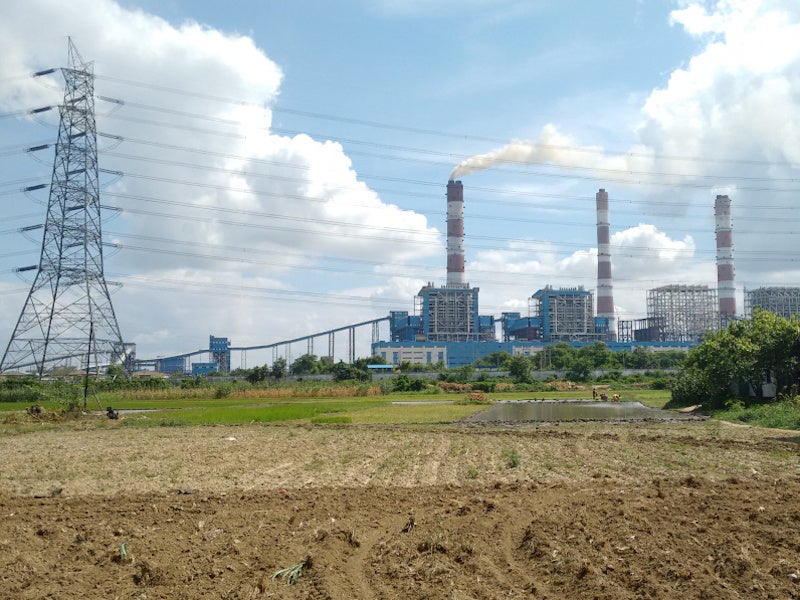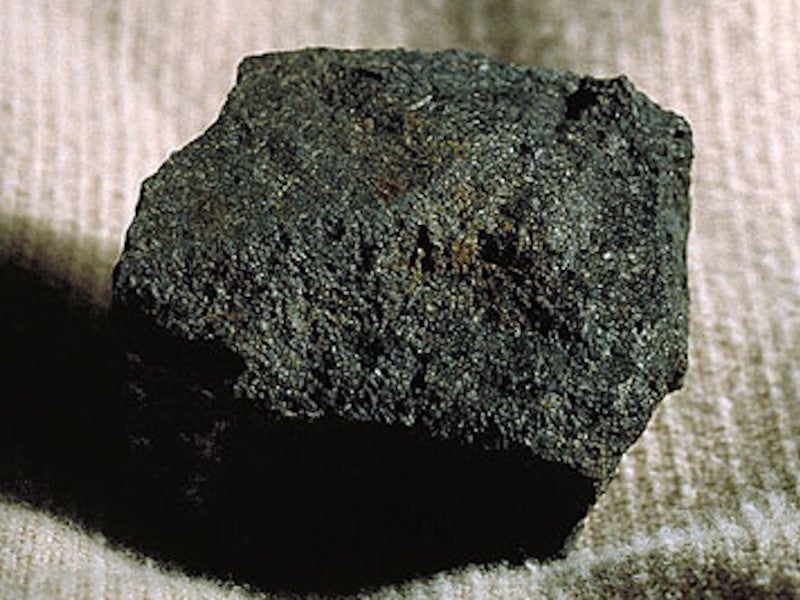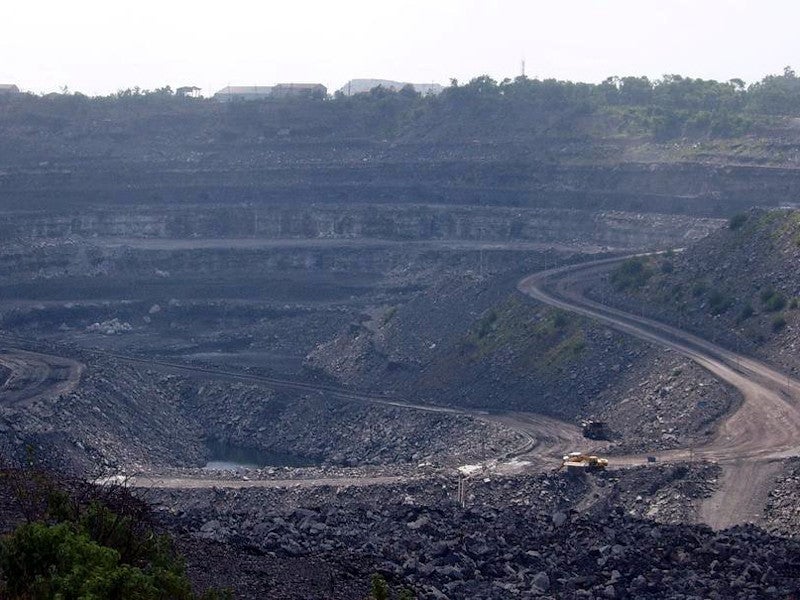The Barh super thermal power project (STPP) is a 3.3GW supercritical coal-fired power station being developed by India’s state-owned National Thermal Power Corporation (NTPC) in Barh, Bihar, India.
The mega power project is being developed in two stages, with stage one comprising three units for a total installed capacity of 1,980MW and stage two involving two units for a total capacity of 1,320MW.
Two of the units (four and five) were commissioned in November 2014 and February 2016 respectively, while unit one was synchronised to the grid in September 2020 with the remaining two units scheduled for commissioning by 2021.
Location and site details
The Barh coal-fired power project was allotted 3,200 acres of land near the town of Barh, a subdivision of Patna district.
The town is located closer to the River Ganga which is the source of water for the coal-fired thermal power facility.
Barh super thermal power project details
The Barh super thermal power plant will house a total of five coal-fired power generating units of 660MW capacity each. Stage one includes the construction of units 1, 2, and 3, while the units 4 and 5 were built under stage two.
The plant utilises supercritical pressure technology to obtain improved thermal efficiency while reducing greenhouse gas emissions. The plant operates at 265kg/cm2 steam pressure and 565/ 595 C MS/ RH steam temperature.
The units 4 and 5 are equipped with feedwater pumps, boiler feedwater booster pumps, and condensate pumps, three each. The project sources water from the River Ganga at a rate of 9,185m3/h.
The Barh STPP will be one of the key suppliers of electricity to the Indian states of Bihar, Jharkhand, Sikkim, Telangana, and Odisha, upon its full commissioning.
Coal supply for the power plant
The coal required for stage one operation of the project will be procured from the Central Coal Fields, a subsidiary of India’s state-owned Coal India Limited (CIL).
Coal for the stage two operations comes from the NTPC Chatti-Bariatu coal mine located in Jharkhand, India.
Contractors involved
KSB was contracted to supply 6,580 units of the different gate, globe, and swing check valves for the Barh thermal power station.
Russian company Technopromexport was awarded a contract to provide engineering, procurement, and construction (EPC) services for stage one development in May 2005. However, the contract was terminated in 2014 due to contractual disputes.
NTPC awarded a £205m ($294m) contract to Korean firm Doosan Heavy Industries & Construction to design, produce and install three 660MW boilers for stage one in January 2016.
Russian company Tyazhmash was engaged by Technopromexport to supply equipment comprising thirty medium-speed mills MVS-265 for the project in 2005.
Yokogawa was awarded an £8.2m ($11.8m) contract by NTPC to supply automation and control systems, as well as the instrumentation systems for the boilers and other utilities of the three units of the plant under stage one.
The state-owned Bharat Heavy Electricals (BHEL) was awarded an EPC contract to supply supercritical boilers and turbines for stage two of the Barh STPP project in 2008. The company was also awarded a power cycle package for stage one in 2015.
Mitsubishi Heavy Industries (MHI) was awarded a contract by BHEL to deliver steam generator package comprising 18 pumps including boiler feedwater pumps, boiler feedwater booster pumps, and condensate pumps for the stage two development.
Project background and environmental concerns
Early construction works at the Barh STPP began in 1999 and the feasibility report was approved in May 2000. The Ministry of Environment and Forests of India issued environmental clearance for stage one of the project in 2001.
The plant’s use of Ganga water and its proximity to the Himalayan ranges raised concerns over the proposal of the power plant.
The EPC contract for stage one was awarded in May 2005. However, the project was delayed for several years due to the unavailability of land and contractual issues.





